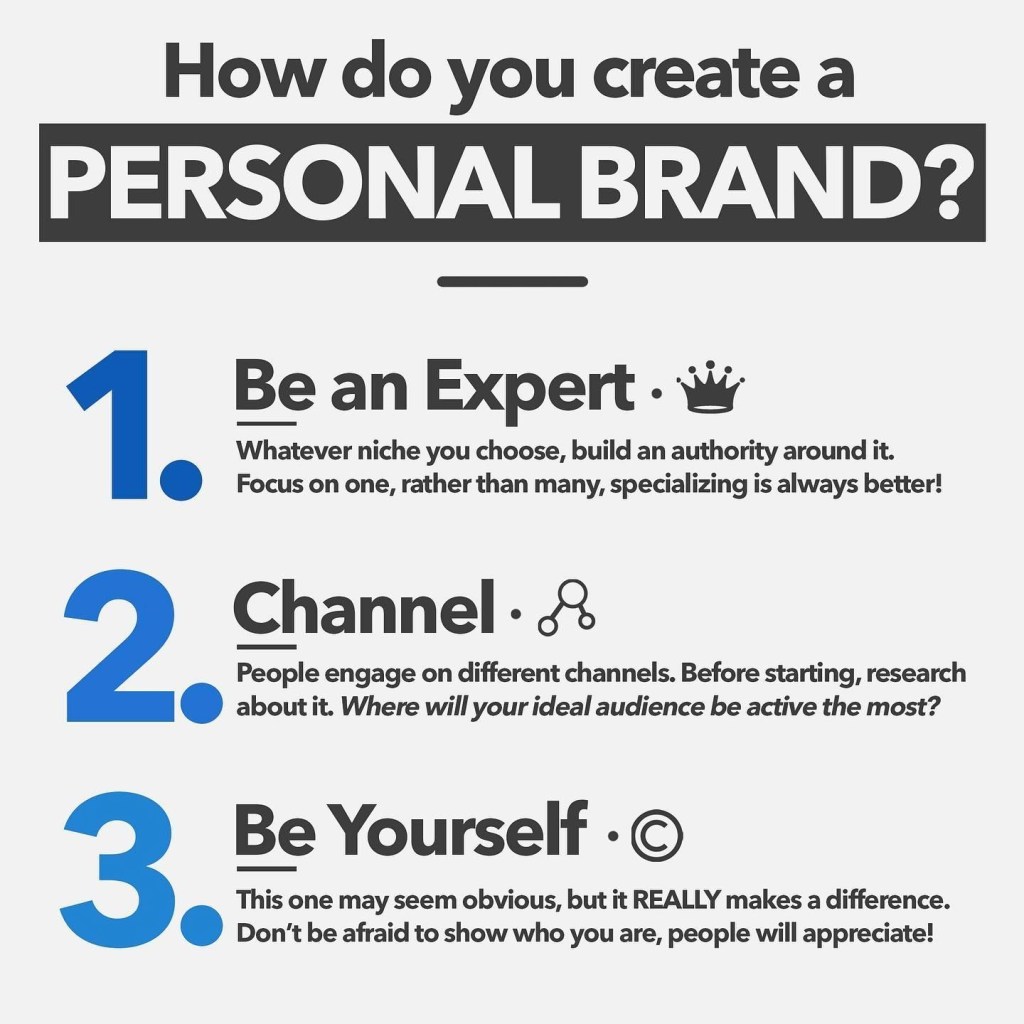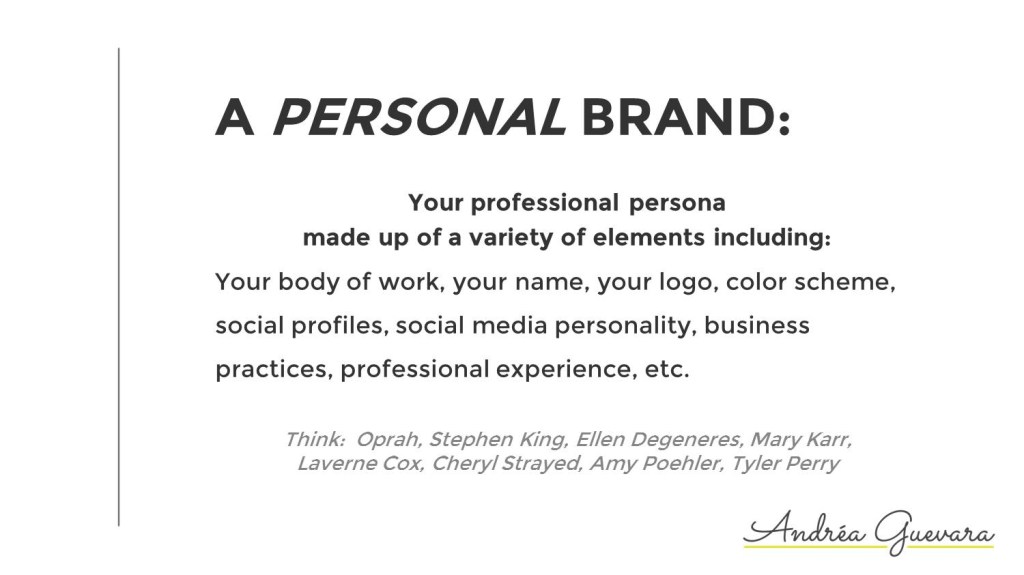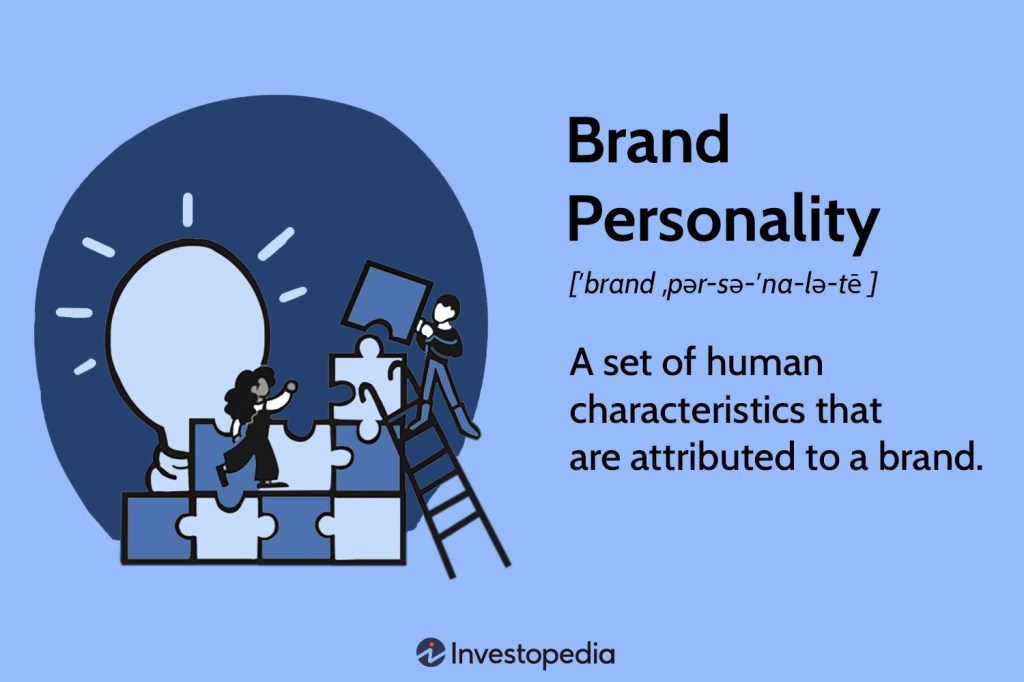The Power of Personal Branding: Defining Your Unique Identity
Personal branding has become an essential aspect of our modern society, shaping how individuals present themselves to the world. In this era of digital communication and social media, developing a strong personal brand has become more critical than ever. It is no longer enough to possess skills and expertise; one must also learn to effectively communicate their value and stand out from the crowd. In this article, we will delve into what personal branding means, why it is important, and how you can craft your own unique personal brand.
What is Personal Branding?
Personal branding is the process of cultivating and promoting an individual’s unique identity and value proposition. It involves defining who you are, what you offer, and how you want to be perceived by others. Your personal brand is the essence of your professional and personal identity, encompassing your skills, values, passions, and overall image.
Who Needs Personal Branding?
Personal branding is relevant to professionals across various industries, entrepreneurs, freelancers, and even job seekers. Regardless of your field or aspirations, having a well-defined personal brand can help you differentiate yourself from the competition, attract opportunities, and build a network of like-minded individuals.
When Should You Start Building Your Personal Brand?

Image Source: pinimg.com
The ideal time to start building your personal brand is now. Whether you are just starting your career or have years of experience, investing in personal branding can yield significant long-term benefits. However, it is important to remember that personal branding is an ongoing process that requires continuous effort and adaptation.
Where Can Personal Branding be Applied?
Personal branding can be applied both online and offline, as it involves shaping your image and reputation across various platforms and interactions. Online channels such as social media, personal websites, and professional networking platforms offer excellent opportunities to showcase your expertise and connect with a wider audience. Offline, personal branding can be expressed through speaking engagements, networking events, and even your appearance and communication style.
Why is Personal Branding Important?
Personal branding is crucial for standing out in today’s competitive landscape. It allows you to establish yourself as an authority in your field, build trust with your audience, and attract opportunities that align with your goals. A strong personal brand also provides a sense of authenticity and consistency, helping others understand who you are and what you bring to the table.
How Can You Build Your Personal Brand?

Image Source: smushcdn.com
Building a personal brand requires a strategic and intentional approach. Here are some steps to get you started:
1. Define Your Mission and Values
Begin by identifying your core values, passions, and goals. What drives you? What do you want to be known for? Understanding your mission and values will serve as a compass for your personal brand.
2. Identify Your Target Audience

Image Source: investopedia.com
Consider who your ideal audience or clients are. Who can benefit the most from your expertise? Understanding your target audience will help you tailor your message and offerings to meet their needs.
3. Craft Your Unique Value Proposition
Determine what sets you apart from others in your field. What unique skills, experiences, or perspectives do you bring? Your value proposition should clearly communicate the benefits you offer and why people should choose you.
4. Develop an Online Presence
Establish a strong online presence by creating a professional website, optimizing your social media profiles, and generating valuable content. Share your insights, engage with your audience, and demonstrate your expertise consistently.
5. Network and Collaborate
Build relationships with like-minded individuals and industry professionals. Attend industry events, join online communities, and actively participate in networking opportunities. Collaboration can amplify your reach and open doors to new opportunities.
6. Show Authenticity and Consistency
Authenticity is key in personal branding. Be true to yourself, and let your personality shine through in your communication and interactions. Consistency in your messaging, visual identity, and overall brand image will help establish trust and recognition.
Frequently Asked Questions (FAQ) about Personal Branding:
Q: Can personal branding help me in my current job?
A: Absolutely! Building a strong personal brand can enhance your professional reputation, increase your visibility within your organization, and open up opportunities for growth and advancement.
Q: How long does it take to build a personal brand?
A: Building a personal brand is an ongoing process that requires time, effort, and consistency. It is not an overnight transformation, but rather a journey of self-discovery and refinement.
Q: Is personal branding only for entrepreneurs?
A: No, personal branding is relevant to professionals in all fields. Whether you are an entrepreneur, freelancer, or corporate employee, having a well-defined personal brand can boost your career prospects and differentiate you from others.
The Pros and Cons of Personal Branding
Like any strategy, personal branding has its advantages and disadvantages:
Pros:
Increased visibility and recognition
Opportunities for professional growth and advancement
Ability to attract like-minded individuals and collaborations
Establishing yourself as an authority and thought leader
Cons:
Requires ongoing effort and consistency
Potential to attract criticism or negative attention
Can be time-consuming and distracting if not managed effectively
In Conclusion
Personal branding is a powerful tool that allows you to shape how others perceive you, establish your expertise, and attract opportunities aligned with your goals. By investing time and effort into developing your personal brand, you can differentiate yourself in a crowded marketplace and create a lasting impact. Remember, personal branding is not about creating a false persona but rather showcasing the best version of yourself and the value you bring to the world.